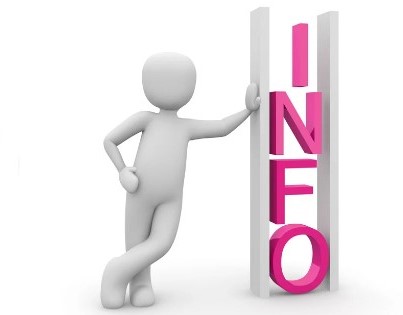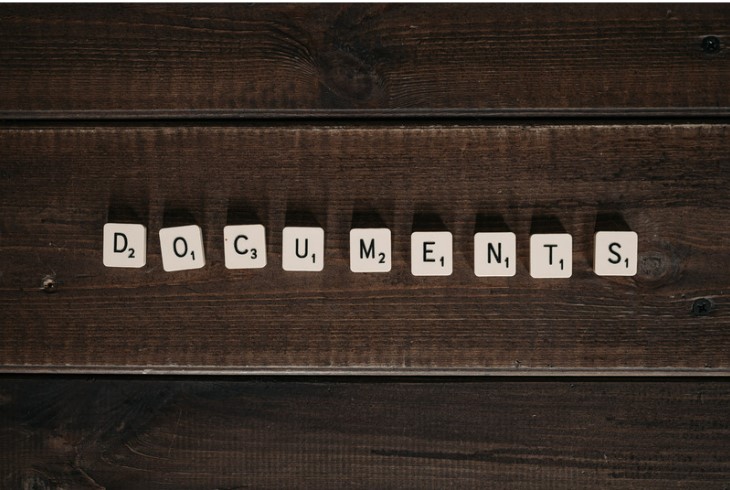How HCM analytics can elevate your HR game
Today, it's all about data, whether you're talking about marketing and advertising, businesses of all stripes, the customer experience online or instore, or a whole host of other areas, industries, and fields. Who among us hasn't received a recommendation from Netflix or Amazon based on our past purchases? That's the giants of entertainment and ecommerce using data to make decisions about our preferences and reach us with relevant offers, maybe even before we know we want them.
It's no different with HR. Back in the day, especially for companies with small, one-person HR departments or no HR, employee decisions were made on the basis of the experience, intuition, and gut feelings of people in charge. But now, at companies that have a human resource information system (HRIS), employee data is collected and analyzed, allowing HR to make more informed, timely, better decisions about recruiting, hiring, training, and managing employees.
It's all about using that data to gain insights, increase employee retention, and more.
In this time of uncertainty when many companies are still nailing down whether to come back to the office, keep their employees at home, or use a hybrid approach, better decisions by HR have never been more important.
Human capital management (HCM) data kicks your HR game up to the next level. Here are some ways HCM can elevate your HR.
Use data to make better business decisions about staffing.
Employees may not tell you they feel overwhelmed and overworked, but the data can show when your company is running on capacity and when you need to staff up. You can get data about headcount, how those employees are performing, and whether you need to add to a team to improve its functionality.Identify risk.
Good HR data analytics, like Netflix and Amazon, is predictive. You can identify employees who are at a high risk of turnover by looking at their time and attendance information, whether they're hitting their goals, or just coasting along. Data like that means burnout. Having that insight allows you to swoop in and do something about it before you receive that employee's two-week notice.Home in on skills.
Data allows you to align your company's needs with the capabilities of your employees. Do some of your people need to be upskilled? Would the company benefit from employees being cross-trained? Offering your employees the opportunity to upskill and grow is a big part of retention, so that's a win-win for you.Better assess your employees' performance.
You can monitor employee performance in real time and provide feedback when and where they need it. This allows you to manage in the moment to increase employee productivity, putting the right employees in the right place at the right time.Gain deeper insights.
You'll see information about labor trends and spending across all locations, departments, jobs and tasks. You can also keep an eye on your bottom line by getting overtime notifications, too.Get the big picture.
Create employee profiles that include things like salary, pay grade, pay type, and more. At a glance, these profiles give you a bird's eye view of your talent pool.Give managers actionable insights about their teams.
That's really what it's all about, using data to help managers better understand their teams, their performance, their goals, and how they dovetail with the company's goals.HCM data analytics start with the right HRIS for your needs. At Benetech, that's our specialty. Call us today to talk about how the Benetech HRIS can elevate your HR game.




